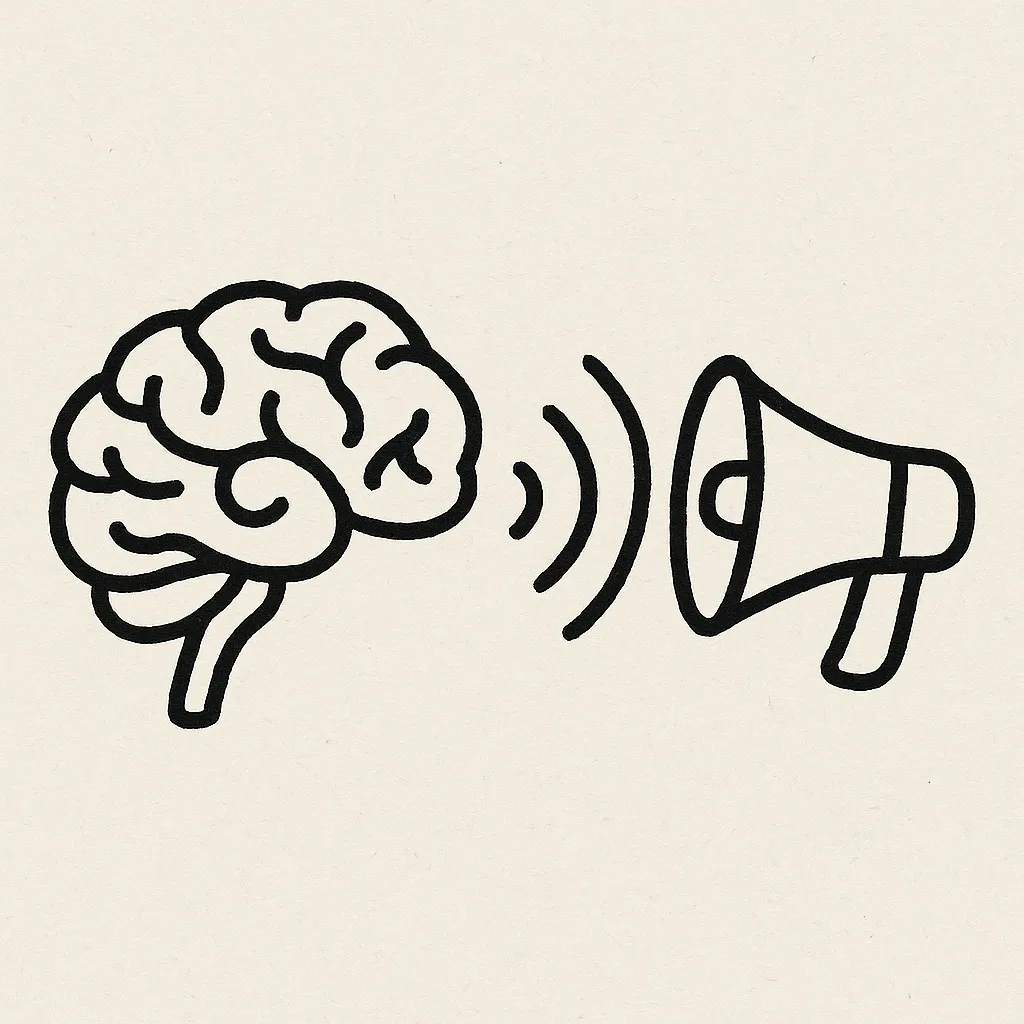When the Voices Lead — Not Just the Data

In a research landscape still dominated by deficit-first thinking, a new study out of the University of Essex quietly flips the script — and might just offer a model for what autism research could be.
Published in Scientific Reports, the study — "Listening to Autistic Voices: An NLP Analysis of Self-Reported Experiences" — uses natural language processing to analyze more than 100,000 posts from autism-focused Reddit communities. The researchers didn’t start with hypotheses about what’s “wrong” with autistic people. They started with what autistic people were already saying — on their own terms, in their own words.
That’s rare. And it matters.
Instead of imposing clinical frameworks, the team let key themes emerge directly from autistic voices: masking, burnout, sensory overwhelm, identity formation, community, and unmet needs in education and healthcare. These aren’t fringe concerns. They’re the architecture of autistic experience — and they rarely surface so clearly in traditional research, where the questions are designed by non-autistic academics.
Even more promising? The authors frame this not as a one-off, but as a foundation. They explicitly call for greater inclusion of autistic people in research — not as participants to be analyzed, but as collaborators, co-authors, and agenda-setters. That’s the future of neurodiversity-informed science.
There’s no deficit language here. No implied cure agenda. No framing of autism as tragedy or burden. Just a thoughtful attempt to understand what matters to us, not just about us.
This is what happens when research listens instead of diagnoses.
This is what happens when the data follows the voices — and not the other way around.